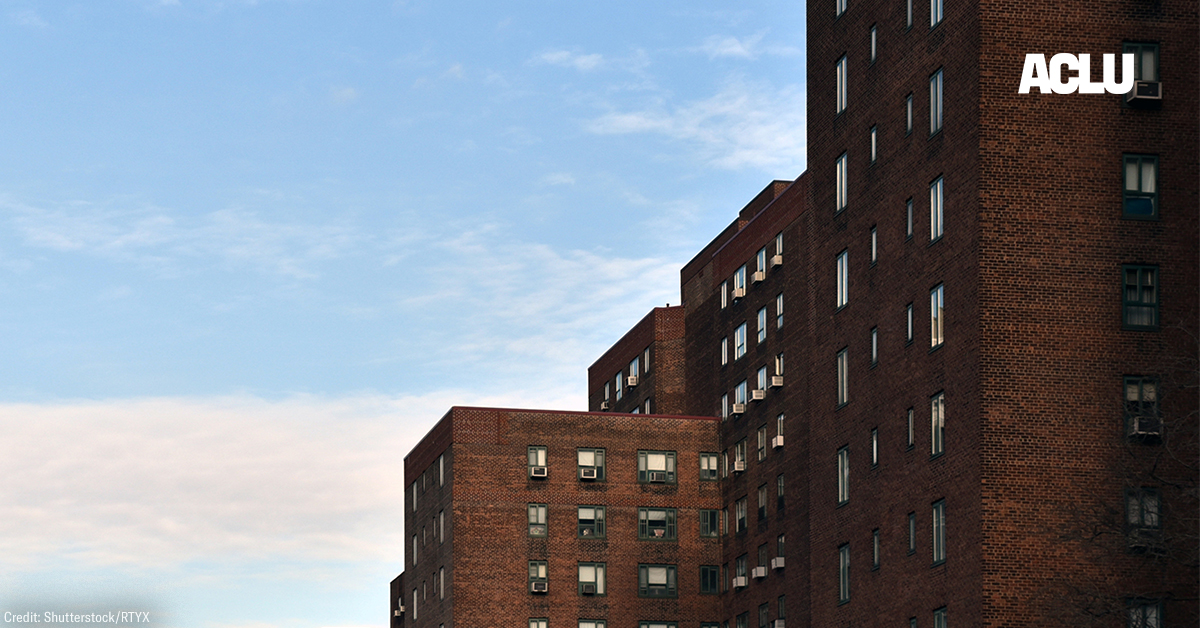The decision to scupper consent decrees was taken by Trump’s first US attorney general, Jeff Sessions. As one of his final acts in the post, in November 2018 he released a
memo that so drastically curtailed the remit of the agreements as to render them moribund.
Attempting to justify the change, Sessions made clear he believed policing should be left to local and state law enforcement bodies, no matter how brutally they treated black and other minority citizens supposedly under their protection.
“It is not the responsibility of the federal government to manage non-federal law enforcement agencies,” he said.
Sherrilyn Ifill, president of the NAACP Legal Defense Fund, said it was “astonishing the attorney general can simply decide to leave on the shelf a critical tool that would allow us to address this terrible problem”.
She added that Sessions’ decision to abdicate from federal government oversight of unconstitutional policing was in tune with his longstanding opposition to tackling systemic racial discrimination within policing.
Sessions’ approach has been continued by his successor as US attorney general, Bill Barr. “Sessions and Barr embrace the ‘bad apples’ theory of police brutality – they simply won’t accept the concept of systemic discrimination in police departments,” Ifill said. “This is catastrophic. Prosecuting police officers, one by one, will not result in fundamental change.”
Consent decrees fall under the 1994
Law Enforcement Misconduct Act that was passed by Congress in the wake of the brutal beating of Rodney King by Los Angeles police three years earlier. The statute allows the US government to sue local police agencies that engage in “patterns and practices” of unconstitutional policing and fail to comply with essential reforms.
The provision has made a profound impact on several of the most troubled police forces in the country, including Baltimore following the death of Freddie Gray. The 25-year-old black man died in April 2015 after he sustained spinal injuries while being transported under arrest in a police van.
Since it was introduced, Baltimore’s consent decree has been credited with bringing critical change to policing in that city.










 , friends.
, friends.